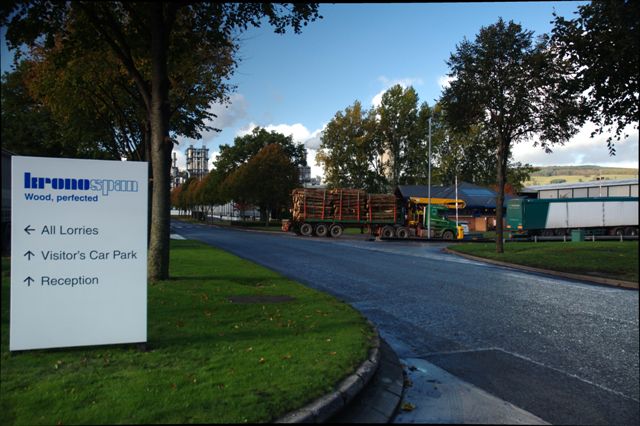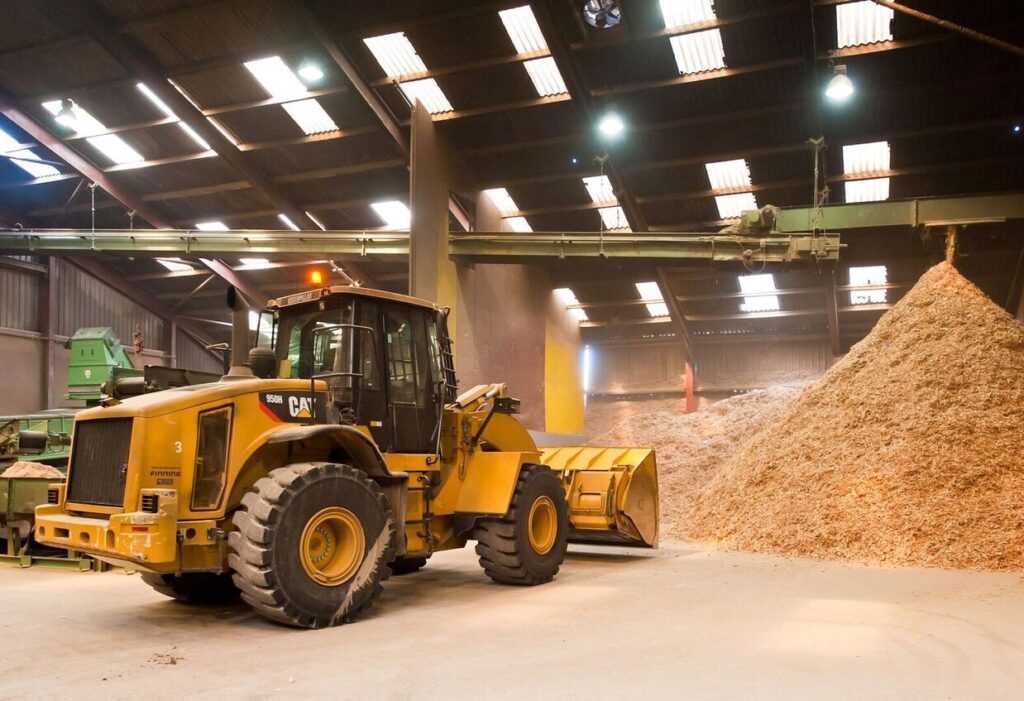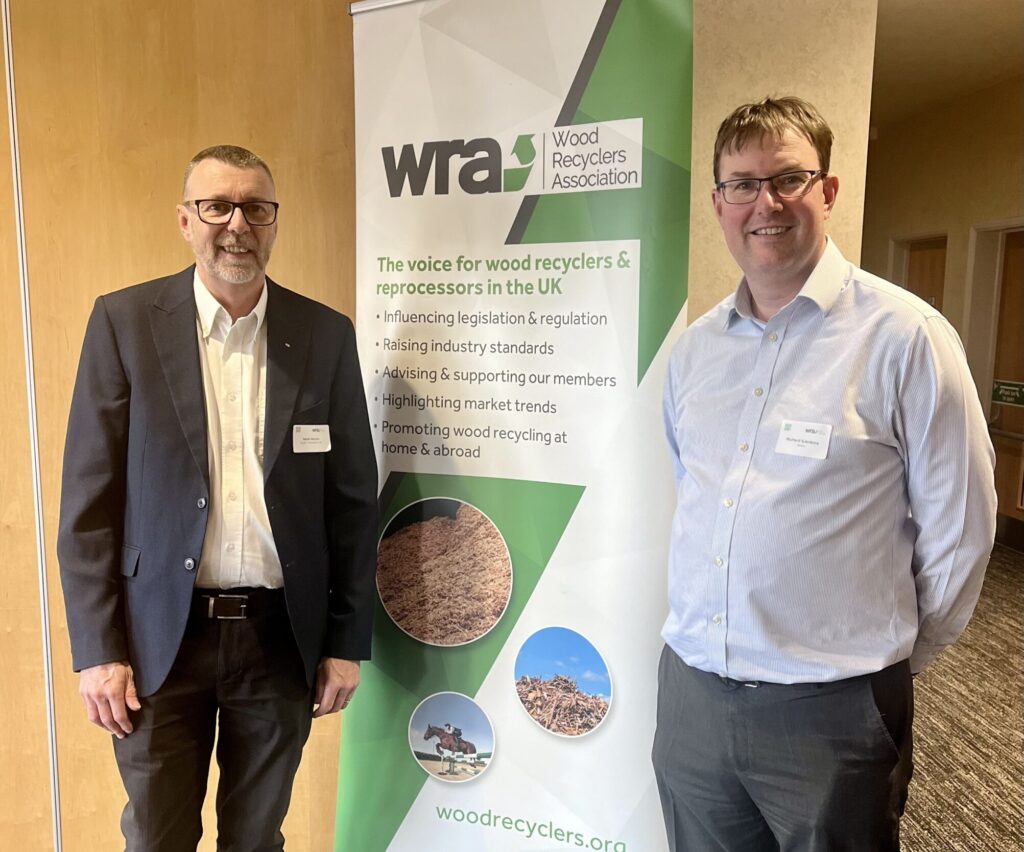An industrial protest is set to take place at one of the largest wood panel factories in the UK today (October 29) over government subsidies for biomass energy – which companies and trade associations claim is leading to high quality waste wood being burnt rather than recycled.
The protest – which has the backing of trade association Wood Panel Industries Federation (WPIF) – will see over 600 workers down tools at the Kronospan facility in Chirk North Wales at 11am for two hours and is designed to coincide with a wider European Day of Action.
Gavin Adkins, director of Kronospan, said: “Paying subsidies to burn virgin timber rather than manufacture with it, damages wealth creation, the economy and the environment. It's pushing up prices, creating a shortage in raw material and inevitably threatens millions of jobs.”
Kronospan also claimed that the potential impact on virgin wood availability could have a knock-on effect for associated industries – such as furniture makers and the construction sector.
Reclaimed wood
Alastair Kerr, director-general of the WPIF, told letsrecycle.com that wood panel industry is the “largest consumer of post-consumer reclaimed wood” taking just over one million tonnes-a-year. He added reclaimed wood equates to an average of 72% of the wood raw material requirement into chipboard production, with some manufacturers having a 95% reclaimed wood content.
However, Mr Kerr said that the subsidy made available to electricity generators under the Renewables Obligation is affecting the availability of users to access the cleaner fractions of chipboard, which is required to make product.
He said: “With the subsidy, generators have an ability to pay more for this material and therefore outbid existing users. Instead of focusing on that dirtier material going to landfill, energy companies are 'cherry picking' the cleaner fractions. As more energy plant comes on stream, we can expect to see increasing tightness in the market, with processing industries being progressively squeezed.”
In response, the WPIF has called on the government to reverse the consequences of the Renewable Obligations Order, which places an obligation on licensed electricity suppliers to generate a proportion of their output from renewable sources.
The WPIF claims that biomass demand for wood feedstock could lead to a shortage of around 400 million m³ of wood in Europe by 2020 – according to research carried out by the United Nations Economic Commission for Europe and the University of Hamburg.









Subscribe for free